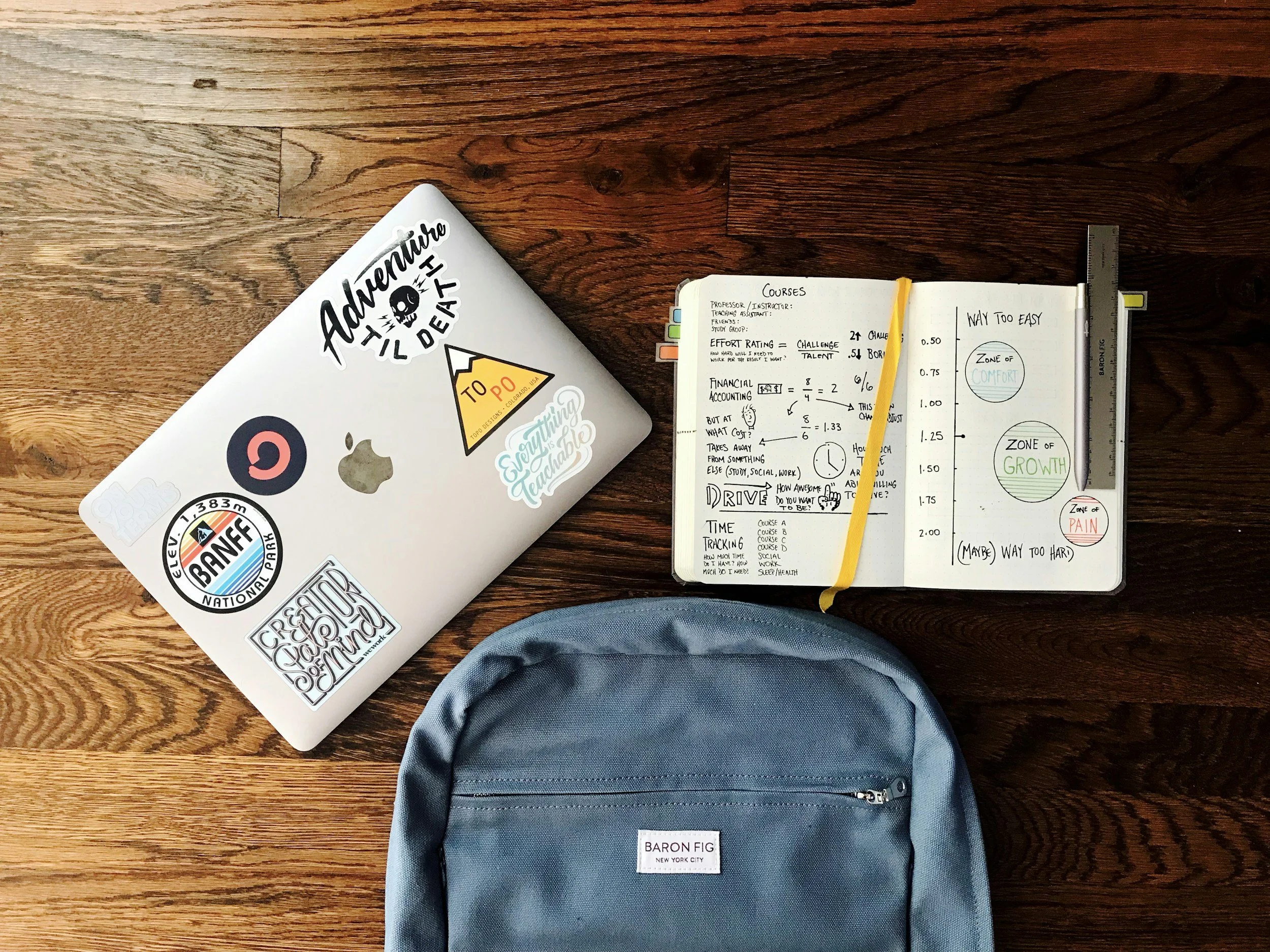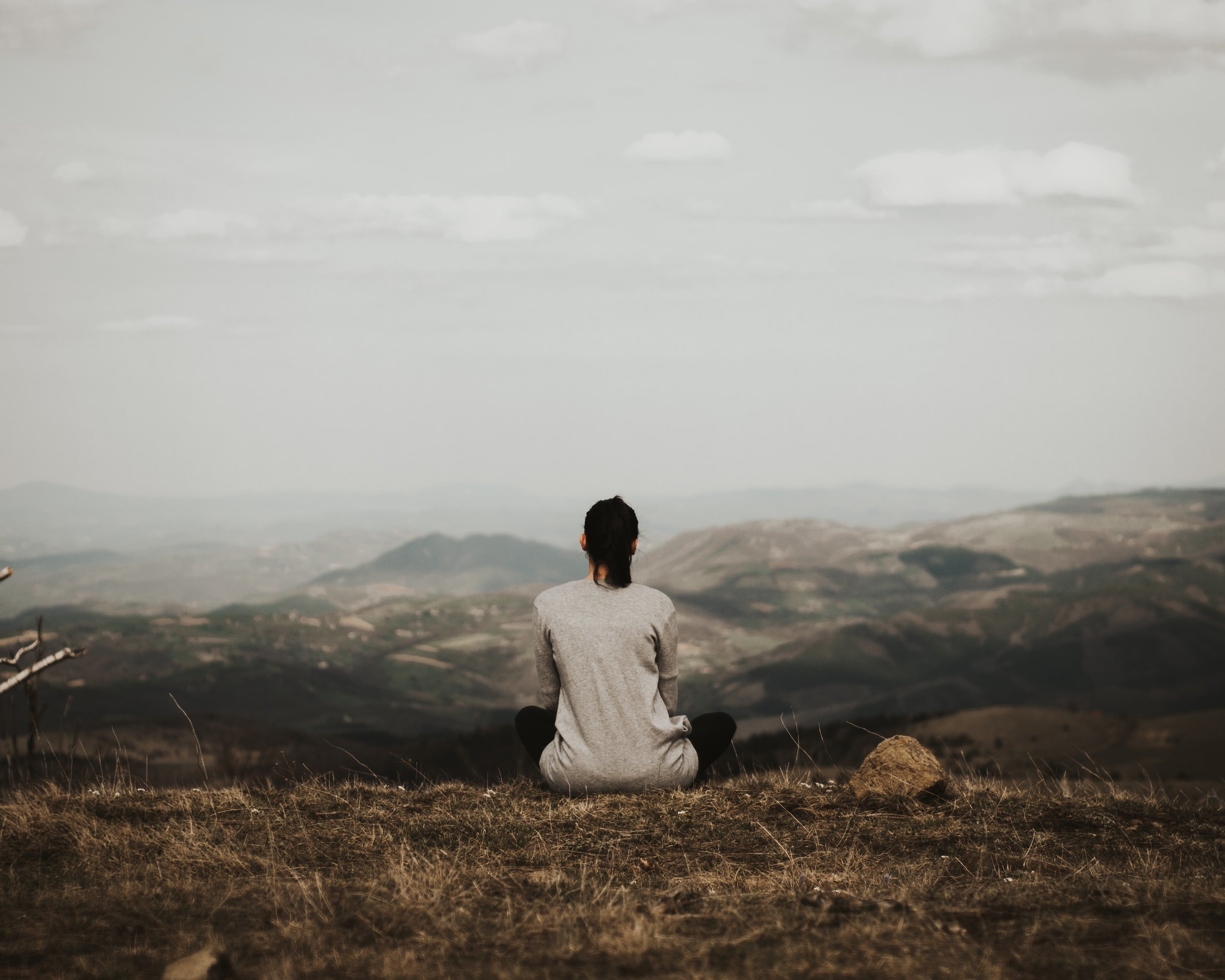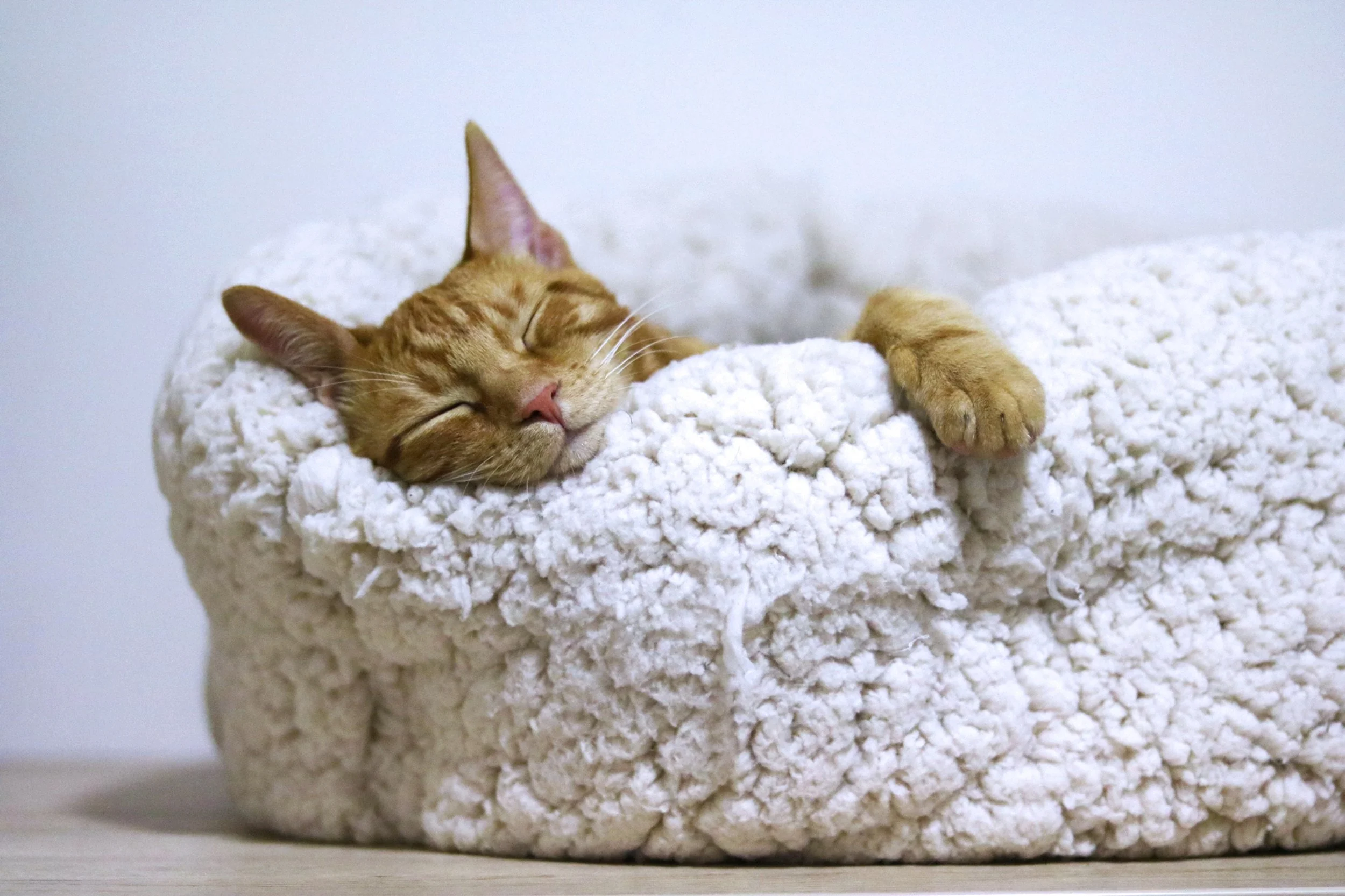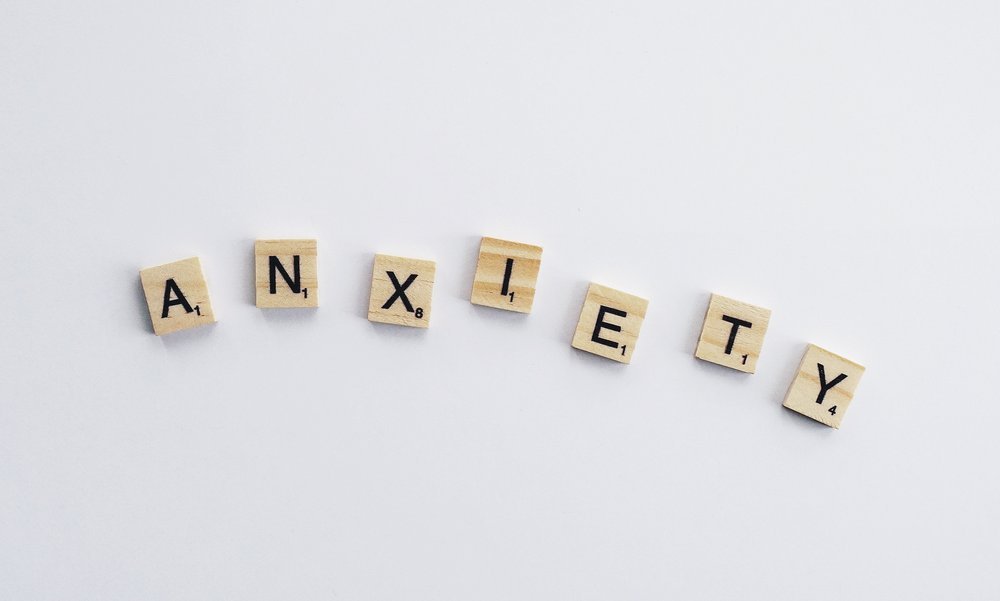
Managing Back-to-School Stress in College: A Therapist’s Guide to Easing the Transition
Heading back to college can feel overwhelming — new routines, heavier workloads, social pressures, and more. In this guide, a therapist explains why back-to-school stress happens, the signs to watch for, and practical strategies to manage anxiety so you can feel more grounded this semester.

How Perfectionism Fuels Anxiety (And What You Can Do About It)
Perfectionism is more than just trying to do your best. It's a mindset that demands flawlessness—often at any cost. While striving for excellence can be healthy in some cases, perfectionism is rooted in the fear of making mistakes, being judged, or falling short. This fear-based mindset is a common contributor to anxiety.

How To Calm Intrusive Thoughts
Intrusive thoughts are unwanted thoughts, images or memories that come out of nowhere and cause us distress. While the majority of the population experiences intrusive thoughts, they can cause a significant amount of distress for some people. Changing our response to intrusive thoughts can drastically reduce the impact they have on our life. We may not be able to stop the experience of intrusive thoughts, but we can change how we interact with them.

30+ Interventions For Anxiety Relief
Getting an idea of how intense the anxiety is feeling will be a good indicator for which types of strategies might be most helpful for you. For instance, if anxiety feels lower and more manageable, perhaps a meditation would be beneficial. If anxiety feels more intense, movement, grounding and more body-based strategies would likely help more. Ultimately, you get to be the judge of what is most helpful for you for the various levels of anxiety you experience.

The “Why” of A Daily Gratitude Practice
Our brain tends to focus on what could go wrong in an attempt to protect us. One of our protective mechanisms is something called the negativity bias. This is when our brain weighs “bad things” (challenges and situations which have not gone according to plan) more heavily than it weighs “good things” (accomplishments and fun experiences). Gratitude is a gentle and intentional reminder that there is more to our life than challenges and frightening “what ifs”.

Avoidance Coping & The Anxiety Cycle
While avoidance coping seems like a good option for fast anxiety relief, the problem with this strategy is that the relief we experience from avoidance coping is not only short lived, but this practice is actively leading to increased anxiety in the future.

Summertime & Social Anxiety
Learn to conquer your social anxiety by practicing this one simple, evidence-based strategy.

ACT - A Gentler Approach To Anxiety
Acceptance & Commitment Therapy offers a gentle, compassionate and mindful approach to both our internal and external experiences. It empowers us to align with our values and to cultivate self-compassion as we respond to our inner world (ie. our thoughts, emotions, memories, etc.).
As we practice Acceptance & Commitment Therapy, whether it be for anxiety, depression, stress-management, self-esteem, etc., we are choosing to turn towards our experiences with curiosity and acceptance, rather than constantly trying to change them.

Tools For Daily Anxiety Relief
Learn about 4 simple tools for daily anxiety relief. From regulating your breathing, to grounding tips, and beating insomnia, you'll find something to assist you on your journey to a calm mind, body and soul.

How To Help Someone With Anxiety - 4 Simple Tips For Loved-Ones
For those of you who are going through the trenches with your anxiety, this is a resource you can send to your loved ones. And for the friends and loved ones coming across these words, here are 4 simple tips to help you help them.

Make The Most Of Your New Year Resolution
While you may have already created your own resolutions to start the new year off with a bang, do yourself a favor and review the resolutions you have set. When we create any type of goal, resolutions included, it’s important for these to be SMART goals.

How To Deal With Anxiety In 5 Simple Steps
Anxiety is our body’s natural protective mechanism, so if your hope is to completely eliminate it from your life, you’re going to be fighting an uphill battle. With that being said though, there are quite a few helpful tricks we can use every day to give ourselves the best chance at an anxiety free existence. Or at the very least, one where we feel confident enough in ourselves to manage the discomfort of anxiety in a way that actually supports our well-being.

3 Simple Ways to Overcome The Fear Of Change & Uncertainty
In a nutshell, anxiety is the fear of uncertainty. It is simply human nature to feel anxious when we do new things. Whether this is a new relationship, a new position at work, a new skill that we are building, and even when our plans change when we didn’t expect them to. Anxiety will show up because these things matter to us and it can feel quite threatening if they don’t turn out how we hope they will. In order to overcome this fear of uncertainty, we must build resilience towards new experiences and the discomfort they bring. Here are 3 simple ways you can overcome your fear of change and uncertainty starting today.

Coping Skills For Depression
While seasonal depression is common, I’d like to do my part in preparing you with simple and effective strategies so you don’t feel like you’re drowning throughout this challenging time of year.

Grounding Techniques For Anxiety & Lowering Stress
Grounding techniques for anxiety are meant to bring you back to the present moment and to help you reconnect with the here and now. We can do this by refocusing attention on our breath, on our body, or on the environment we find ourselves in. When we can reconnect to the present moment, to what is actually happening right now, our brain is reminded that in this moment we are safe. Once our brain recognizes that we are, in fact, safe in this moment, our anxiety begins to decrease.

What You Need To Know A Intrusive Thoughts
Intrusive thoughts are basically unwanted thoughts, images or memories that come out of nowhere and cause us some type of distress. Sometimes they spike anxiety, sometimes they lead to feeling shame or guilt. Intrusive thoughts often lead to this distress because their nature kind goes against our core self. Meaning that they likely make us question ourselves and why we had the thought.

How To Improve Your Sleep
Today we are looking at how to improve your sleep. We will be covering why sleep is so important and how you can improve your sleep starting tonight.

Rewire Your Anxious Brain With Reality Testing
The technique I am hinting at is called reality testing and you can thank Mr. Sigmund Freud for this one. Now I know Freud’s work has been controversial, but this technique really can be so beneficial when we struggle with unhelpful thoughts.

Mood Boosting Natural Remedies
Research has shown that there are a number of ways to naturally improve your mental health. This is great news for anyone who struggles with any level of anxiety or depression on a daily basis and doesn’t want to take medication to help treat it.

Spring Cleaning For Your Mental Health
A chaotic environment leads to a chaotic brain. You can find relief from anxiety by tidying up and getting organized. This helps our brains to feel more in control and safe in our surroundings.
